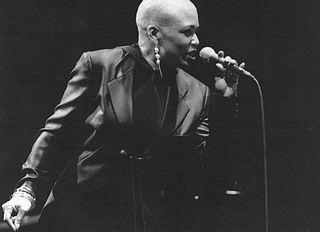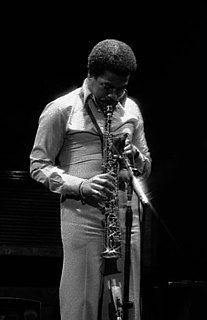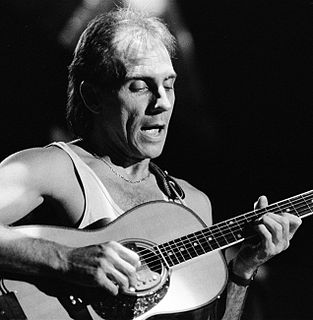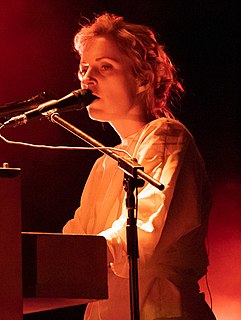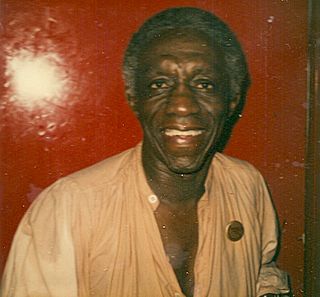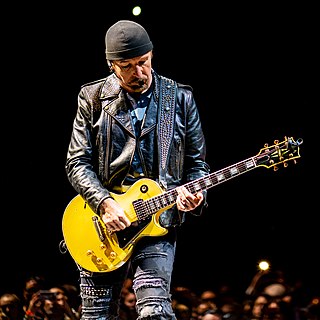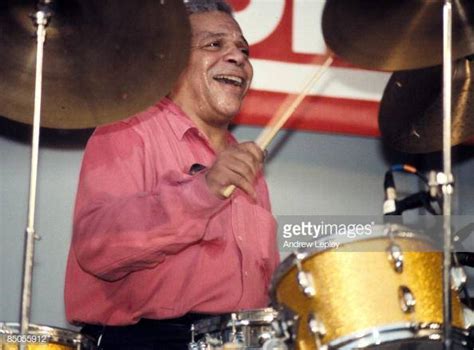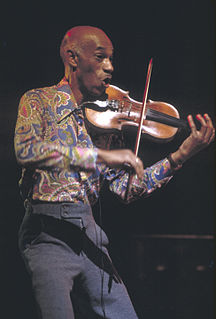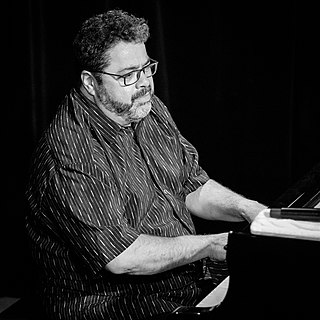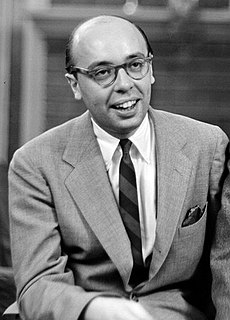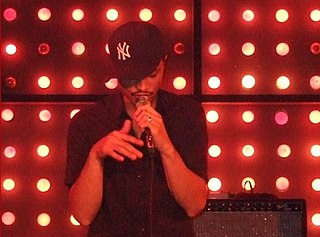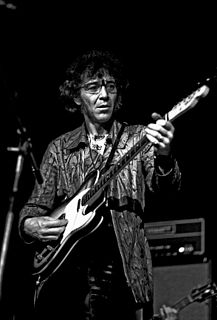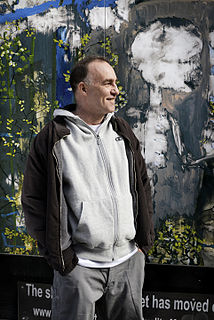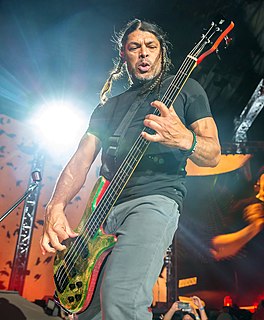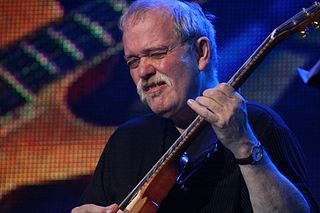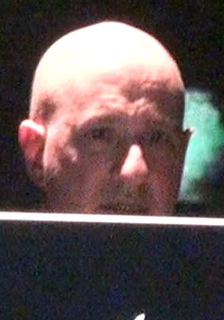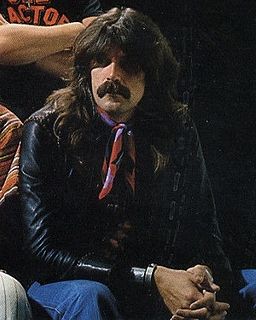Top 1200 Free Jazz Quotes & Sayings
Explore popular Free Jazz quotes.
Last updated on November 14, 2024.
Jazz presumes that it would be nice if the four of us-simpatico dudes that we are-while playing this complicated song together, might somehow be free and autonomous as well. Tragically, this never quite works out. At best, we can only be free one or two at a time-while the other dudes hold onto the wire. Which is not to say that no one has tried to dispense with wires. Many have, and sometimes it works-but it doesn't feel like jazz when it does. The music simply drifts away into the stratosphere of formal dialectic, beyond our social concerns.
Of course we've lost so many superstars who've made jazz what it is. We've lost so many musicians who created new things and changed the way we think about music and who took jazz to a new level. So jazz is suffering from that. But we still have a lot of incredible people playing jazz in the world. We have a lot of people leading the way.
We don't live in a jazz world, unfortunately. I think if I had lived in a jazz world, I would have done OK. I'm not sure I would have done great. I'm a lover of jazz music, so I would have been happy, don't get me wrong. I go to jazz concerts like the biggest jazz fan in world. The drag is that I don't play jazz for a living.
I got into playing the jazz. I played jazz for a good while. I did the popular stuff first. You got the "Twelfth Street Rag" and those kinds of things. Then I got to hanging around with a bunch of guys starting to playing jazz. We'd go from one place to the other and take our instruments, just perform for free.
One interesting thing about jazz, or art in general, but jazz especially is such an individual art form in the sense that improvisation is such a big part of it, so it feels like it should be less soldiers in an army and more like free spirits melding. And yet, big band jazz has a real military side to it.
I love jazz. So to me, there are two main types of jazz. There's dancing jazz, and then there's listening jazz. Listening jazz is like Thelonius Monk or John Coltrane, where it's a listening experience. So that's what I like; I like to make stuff that you listen to. It's not really meant to get you up; it's meant to get your mind focused. That's why you sit and listen to jazz. You dance to big band or whatever, but for the most part, you sit and listen to jazz. I think it comes from that aesthetic, trying to take that jazz listening experience and put it on hip-hop.
I think of myself as a jazz player, and my music as a natural extension of the jazz tradition. What I'm doing is completely free improvisation ('composing in real time') with nothing predetermined. I've had a lot of experience playing many different kinds of music and several different instruments, and since I tend not to waste anything, it all shows up somewhere in the music I'm playing now.
A respectable-sized audience hasn't really been able to follow developments in jazz since the free jazz movement in the '60s. Some of them can't even get with John Coltrane. Audiences are diminishing more and more rapidly. Some of the top young musicians with something new to say can't get record companies to put out their stuff.
I grew up in a home filled with music and had an early appreciation of jazz since my dad was a jazz musician. Beginning at around age three I started singing with his band and jazz music has continued to be one of my three passions along with acting and writing. I like to say jazz music is my musical equivalent of comfort food. It's always where I go back to when I want to feel grounded.
I visited New York in '63, intending to move there, but I noticed that what I valued about jazz was being discarded. I ran into `out-to-lunch' free jazz, and the notion that groove was old-fashioned. All around the United States, I could see jazz becoming linear, a horn-player's world. It made me realize that we were not jazz musicians; we were territory musicians in love with all forms of African-American music. All of the musicians I loved were territory musicians, deeply into blues and gospel as well as jazz.
I have always loved jazz music and as a teen growing up in New York City and then later on as an adult have great memories of the jazz clubs that were all located on 52nd Street. I still catch as many jazz shows as I can when I am in New York. And when I perform, I have my jazz quartet by my side. Jazz musicians keep things spontaneous and very "live," which is the way I like to perform.
Put it this way: Jazz is a good barometer of freedom... In its beginnings, the United States of America spawned certain ideals of freedom and independence through which, eventually, jazz was evolved, and the music is so free that many people say it is the only unhampered, unhindered expression of complete freedom yet produced in this country.
Jazz is an endless source of ideas, because you can use anything. You can play operatic arias. You can incorporate them into jazz. You can play gypsy music and incorporate it into jazz. You can European classical and you can incorporate it into jazz. You can use anything and jazz it up, as they used to say.
